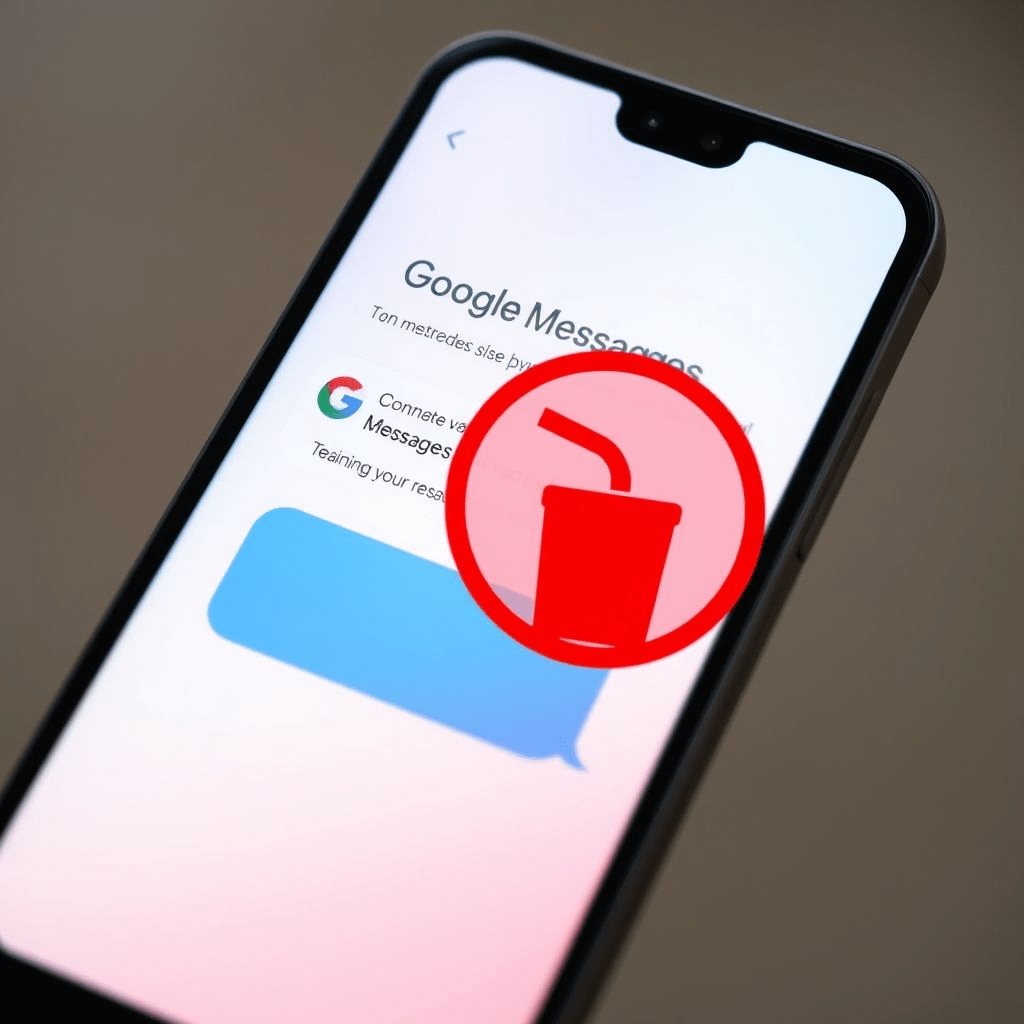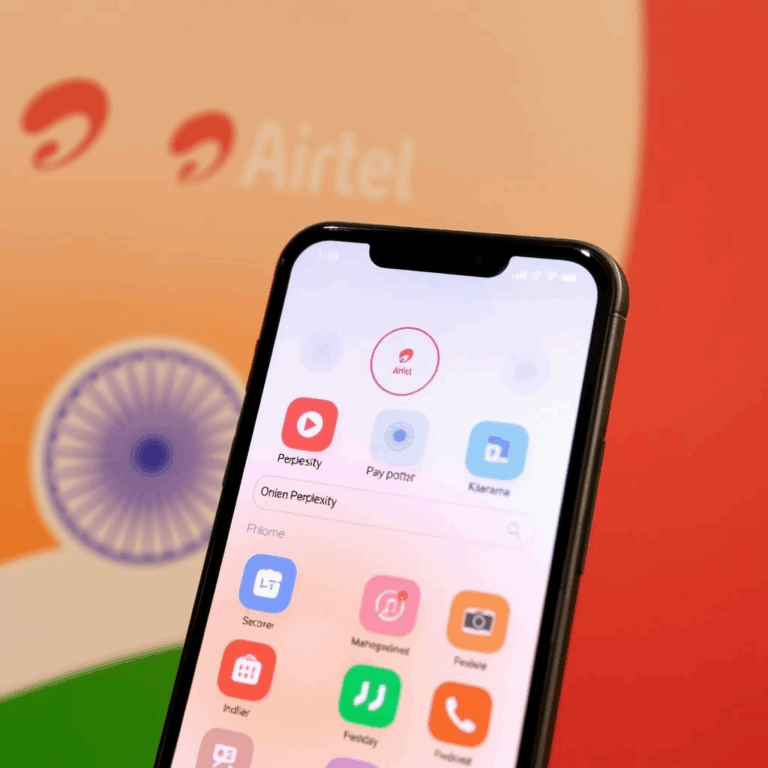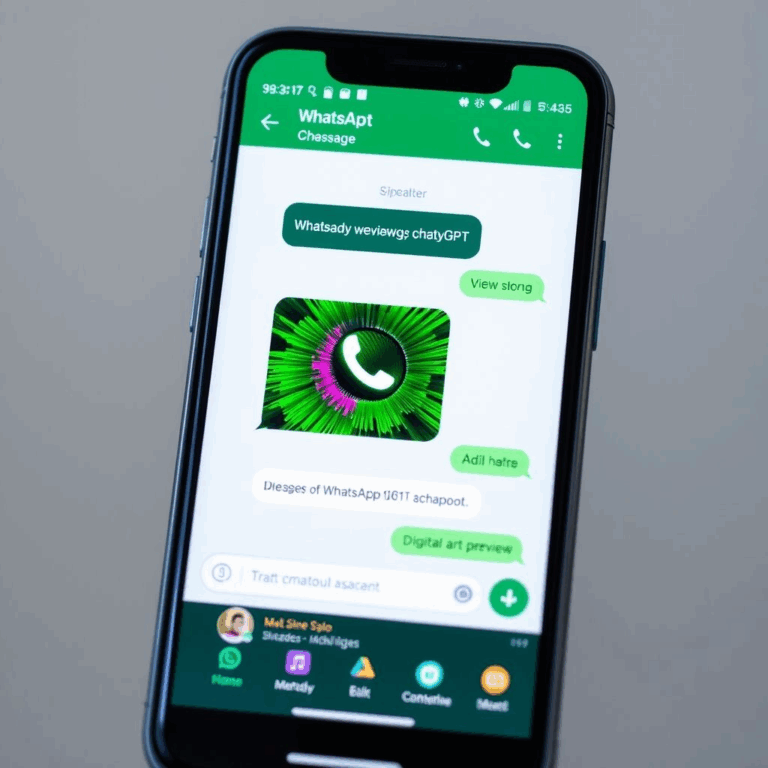Introduction
For years, Android users have asked for one simple feature: the ability to delete sent messages. While platforms like WhatsApp, Telegram, and iMessage offered recall or unsend functions, Google Messages lagged behind. But now, that gap is closing.
In its latest update, Google Messages has rolled out the “delete sent messages” feature globally, powered by the Rich Communication Services (RCS) protocol. This change fundamentally reshapes how users manage conversations on Android, aligning the platform with modern privacy expectations.
Let’s dive deep into how it works, why it matters, the limitations, and what this means for the future of Android messaging.
What Exactly Changed?
The new feature allows users to remove a message after sending it—not only from their own device, but also from the recipient’s screen.
Key Details:
- Works only with RCS-enabled chats (not traditional SMS).
- Deletes the message for both sender and recipient.
- A small placeholder or notification may remain, similar to “This message was deleted.”
- Available in one-to-one conversations; group chat support is rolling out gradually.
This means if you accidentally text the wrong person, send a typo, or regret a message—Google Messages now gives you a way out.
Why “Delete Sent Messages” Matters So Much
The introduction of delete sent messages in Google Messages may seem minor, but it represents a major shift in how digital communication is managed.
- Privacy Protection
Users often share sensitive information in error. Having the ability to recall prevents potential embarrassment, leaks, or even security risks. - Competitive Necessity
Rival apps like WhatsApp, Telegram, and iMessage already offer variations of “unsend.” Without this, Google Messages was seen as outdated. - Adoption of RCS
By tying this feature exclusively to RCS, Google nudges users and carriers toward its next-gen messaging protocol—aiming to replace SMS with richer, more secure functionality.
The Role of RCS in Making This Possible
Traditional SMS is a decades-old technology that doesn’t allow edits or recalls. RCS (Rich Communication Services), however, supports advanced features like read receipts, typing indicators, encryption, and now, message recall.
By building delete sent messages into RCS, Google ensures Android users can enjoy modern messaging capabilities without relying on third-party apps.
How to Use the Delete Feature
The process is simple:
- Tap and hold the message you regret sending.
- Choose “Delete” or “Unsend.”
- Confirm deletion for “everyone” in the chat.
- The message disappears from both sides, leaving only a placeholder.
Google has not yet confirmed the time window for deletion (e.g., WhatsApp allows about 1 hour). Initial reports suggest Google Messages gives a short grace period—but longer timeframes may come in updates.
Limitations to Be Aware Of
While the feature is welcome, it comes with conditions:
- Both sender and recipient must have RCS enabled.
- It does not work with SMS-only conversations.
- Deleted messages leave a visible “deleted” marker.
- Group chats may not support full recall at launch.
These limitations highlight Google’s dependence on carriers and users enabling RCS universally.
Reactions from Users and Experts
The response across social media and Android forums has been overwhelmingly positive.
One user tweeted:
“Finally! I don’t have to panic when I send the wrong message in Google Messages.”
Mobile security experts have also praised the move. Dr. Elaine Porter, a cybersecurity researcher, noted:
“This is a small but crucial step. Giving users the ability to retract messages adds a new layer of control and aligns Android with modern communication norms.”
Comparison with Rivals
- WhatsApp: Allows deletion within 1 hour, leaves “This message was deleted.”
- Telegram: Messages can be deleted anytime, without placeholder if both users delete.
- iMessage: iOS 16 introduced “Undo Send” within 2 minutes.
- Google Messages: Now joins the ranks but ties the feature to RCS.
By comparison, Google’s rollout is slightly more restrictive but signals a strong move toward parity.
Impact on Android Messaging
This update could reshape messaging dynamics:
- Boost RCS adoption: More users may enable RCS to enjoy modern features.
- Carrier pressure: Operators worldwide may face renewed pressure to support RCS.
- Security mindset: Users expect stronger control over their conversations, encouraging broader privacy features.
What’s Next for Google Messages?
With “delete sent messages” now live, users are asking: what about editing sent messages?
Industry insiders suggest Google is testing message editing alongside expanded deletion timeframes. The roadmap may also include:
- Disappearing messages (like Snapchat/WhatsApp).
- Enhanced encryption for group chats.
- Tighter integration with Android’s AI features.
Conclusion
The arrival of the delete sent messages feature is more than just a convenience. It’s a statement: Google is finally serious about making Messages a true rival to WhatsApp, Telegram, and iMessage.
By combining RCS with user-focused tools, Google is not only catching up—it’s setting the foundation for the future of Android messaging.







